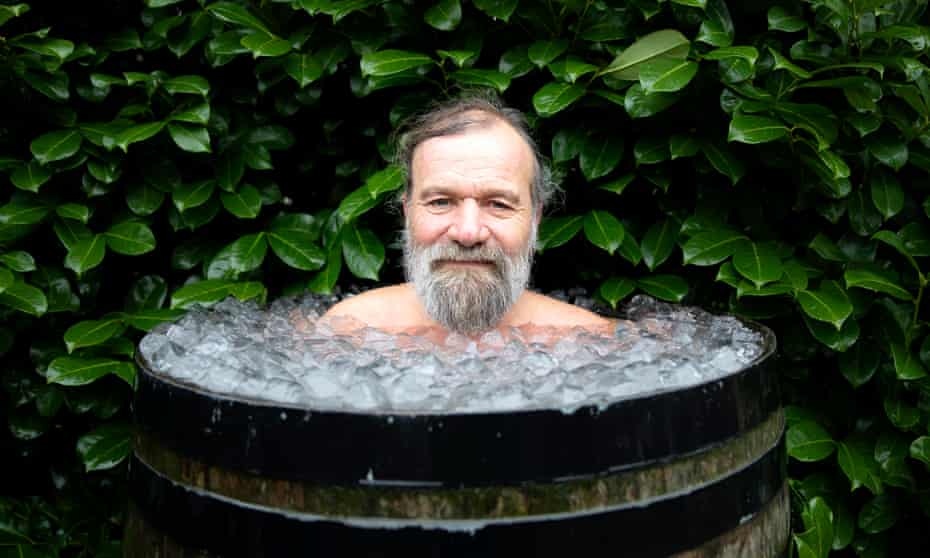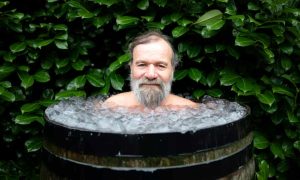
**Breaking: Wim Hof Breathing and Cold-Exposure Method May Have Benefits, Study Finds**
*May 30, 2025 – Amsterdam*
A new scientific review has shed light on the potential health benefits of the Wim Hof Method, a popular wellness practice combining controlled breathing, cold exposure, and meditation. Long hailed by followers for its transformative effects on mental and physical health, the method is now gaining tentative validation from the scientific community.

Published in *PLOS ONE*, the study analyzed data from eight clinical trials involving participants who practiced the Wim Hof Method (WHM). Researchers found that, while the evidence is not yet conclusive, there is promising support for the method’s ability to reduce inflammation—a key factor in chronic illnesses like arthritis, diabetes, and cardiovascular disease.
Lead researcher Dr. Omar Almahayni from the University of Warwick noted, “We’re beginning to understand the physiological mechanisms behind these practices. Although many of the studies reviewed were small and carried some bias, the anti-inflammatory effects observed are encouraging.”
Wim Hof, often referred to as “The Iceman” for his record-breaking feats in extreme cold, has been teaching his method worldwide, touting benefits such as improved immune function, reduced stress, and enhanced mental clarity. Celebrities including Gwyneth Paltrow and Jack Dorsey have openly endorsed the technique, further fueling its popularity.
However, experts continue to urge caution. While the practice may offer therapeutic effects, it’s not without risks. Cases of hyperventilation, cold shock, and even drowning have been linked to improper or unsupervised use of the method. “This isn’t a magic cure-all,” warned Dr. Almahayni. “People need to understand both the potential and the limits of WHM.”
In response to the study, Hof released a statement on social media celebrating the findings, calling them “a major step forward in bridging science and ancient wisdom.”
As interest in alternative health therapies grows, researchers say more rigorous, large-scale trials are needed to confirm the safety and efficacy of WHM. Until then, health professionals advise those interested in the method to practice under guidance and consult with a physician, especially if dealing with pre-existing medical conditions.





